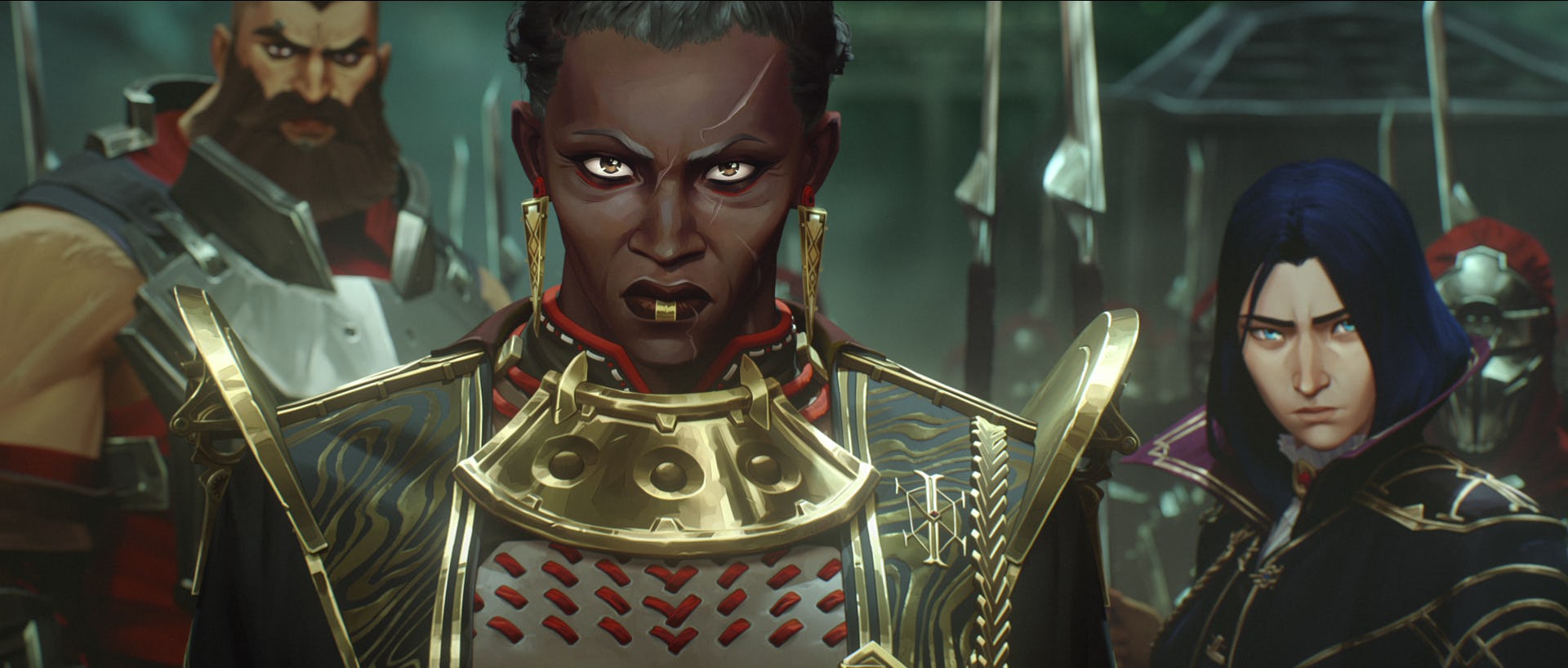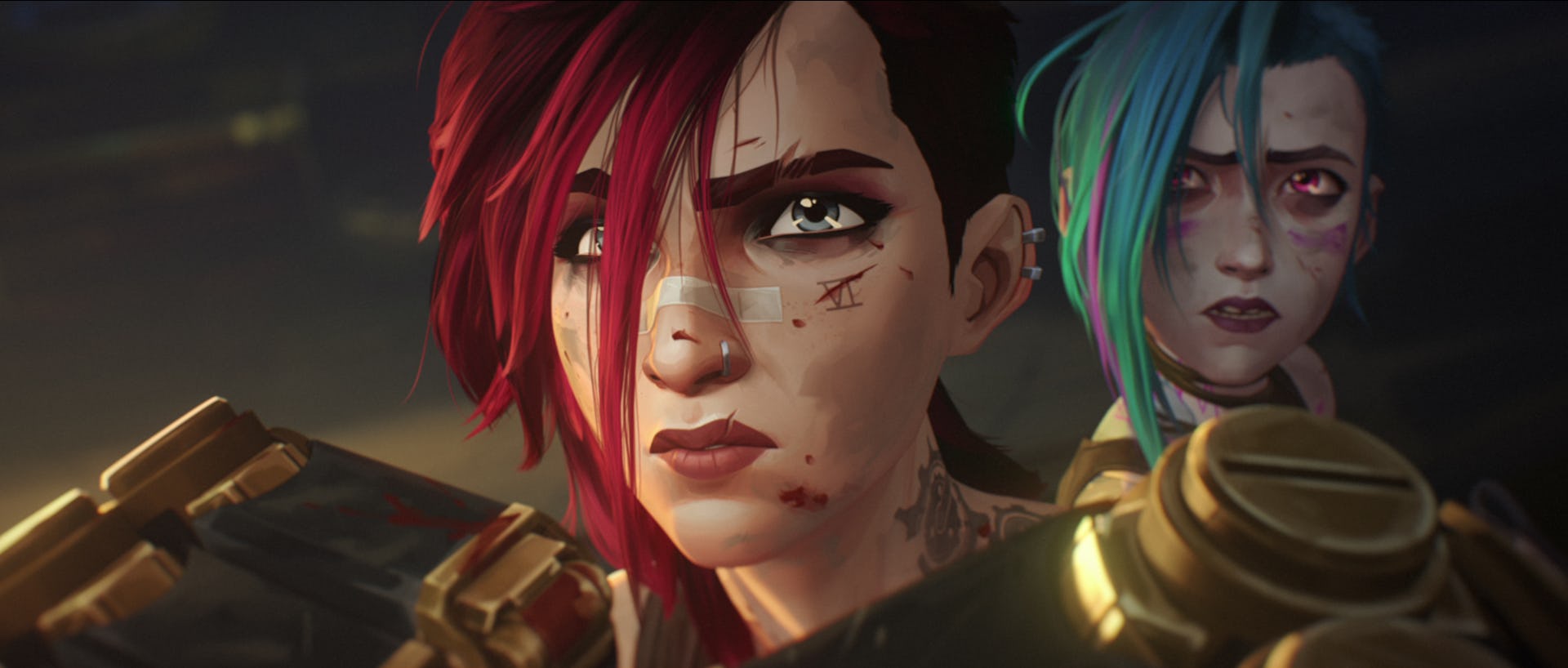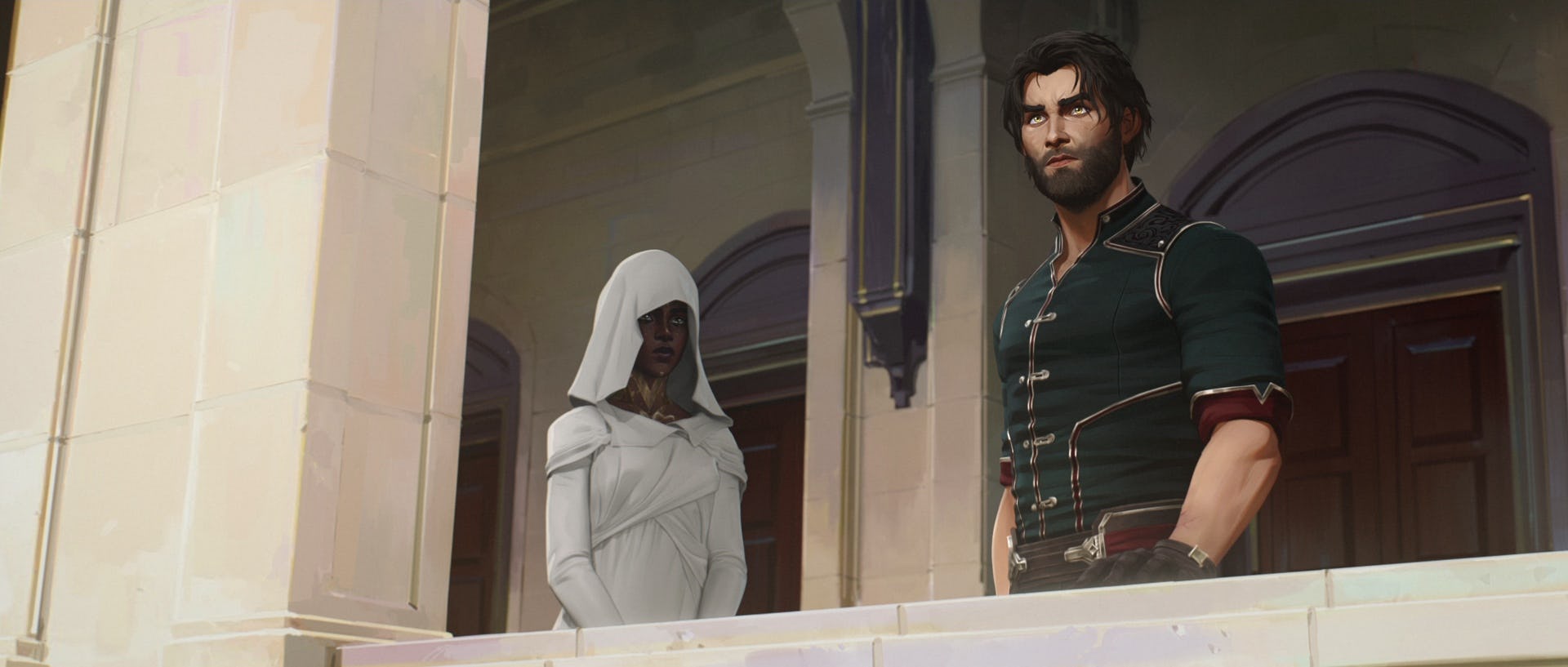
Netflix’s Arcane is just the first installment of a larger cinematic universe for Riot Games, but the League of Legends prequel didn’t end in a way that left many fans excited for the future. The series premiered to major acclaim in 2021, cementing itself as one of the best offerings of the streaming era. With a diverse cast and an appetite for political themes, it felt more sophisticated than anyone could have expected. Its second season admittedly had a lot to live up to: not only did it have to bring the show’s disparate threads to a satisfying conclusion while matching the scope of Season 1, but it didn’t have much time to do it.
The cracks in the narrative manifested early, with pacing issues quietly compromising the potential of the story — but it was Arcane’s Season 2 finale that dealt the fatal blow. Few of the series’ “champions” seemed to get the ending that fans thought they deserved. Arcane’s final arc ended on a sour note for so many, undermining years of careful character work in favor of “subversive” narrative choices. Its conclusion felt regressive in the worst way possible, but Arcane’s worst mistake sees the series borrowing from a notorious genre trend — one that disproportionately affects characters of color.
Spoilers ahead for Arcane Season 2.

Arcane’s second season kicked the struggle between Piltover and Zaun — the near-utopian “City of Progress” and its destitute undercity — into high gear, examining class disparity and systemic oppression with surprising care. That focus was already ambitious, especially as it competed with the origins of Hextech, and how the abuse of the magic compromised the natural balance of Runeterra. The introduction of a wayward warlord, Ambessa of Noxus (Ellen Thomas), only further stretched the limits of this world, as did a major multiverse/time travel twist in Act II.
Act III had just three episodes to tie up those loose threads, all while delivering a satisfying story for its sprawling ensemble. Highest on Arcane’s list of priorities was the story of Vi (Hailee Steinfeld) and Jinx (Ella Purnell), two Zaunite sisters at perpetual odds. Their relationship was once the driving force of the series, but it ultimately took a backseat to their narrative foils, Jayce Talis (Kevin Alejandro) and Viktor (Harry Lloyd), the inventors of Hextech — and the same could be said for most of Arcane’s storylines.
When Viktor embraces Hextech, evolves into an Ultron-like superbeing, and allies with Ambessa — who wants to take over Piltover for vague reasons — Piltover and Zaun are forced to put aside their differences to defeat him. The major conflict between the two cities is swept under the rug in favor of a lazy, “both sides have a point” resolution, and the oppressed of Zaun (many of them people of color) are expected to lay down their lives to deliver Piltover from a problem of its own making.

Arcane’s characters of color do most of the heavy lifting in the finale. Ambessa’s daughter Mel (Toks Olagundoye), a newly-minted mage with “empathic” shielding powers, is instrumental to defeating the Noxian invasion force. Then there’s Ekko (Reed Shannon), a Zaunite capable of traveling a few seconds in the past. He alone is able to stop Viktor from assimilating Piltover and Zaun’s combined population into his Hextech mind prison, saving the day almost singlehandedly. That two Black characters are essentially two of Arcane’s most important players is, in a way, something to celebrate — and it doesn’t hurt that both come out of the finale unscathed. That said, neither get an ending that could be considered happy, even compared to other fairly tragic conclusions.
When all is said and done, Mel is completely alone. She loses her mother, most of her friends, and even her love interest, Jayce — who, alongside Viktor, seems to lose his life in the process of destroying Hextech. While she’s more powerful than ever (and her story could feasibly continue in one of the many spinoffs Riot has planned), seeing her sacrifice everything and get nothing in return leaves a bad taste in the mouth.
Mel was introduced as a character who subverted a handful harmful tropes, most of which affected Black women. Mel seemed poised to deliver the kind of story that Black sci-fi fans had spent ages holding out for. In the end, though, she — along with characters of color like Ekko, Sky (Kimberly Brooks), and Sevika (Amirah Vann) — were treated more like plot devices than actual characters with desires and motives. Unlike their white counterparts, they were more like pieces on a board: those who served no purpose within Arcane’s larger narrative were frustratingly sidelined. It’s a far cry from the way the series positioned its cast at the outset. In the end, the series cared less about nuanced inclusion than it did about wrapping up its plot, and in the end, its most vulnerable characters suffered the worst.







